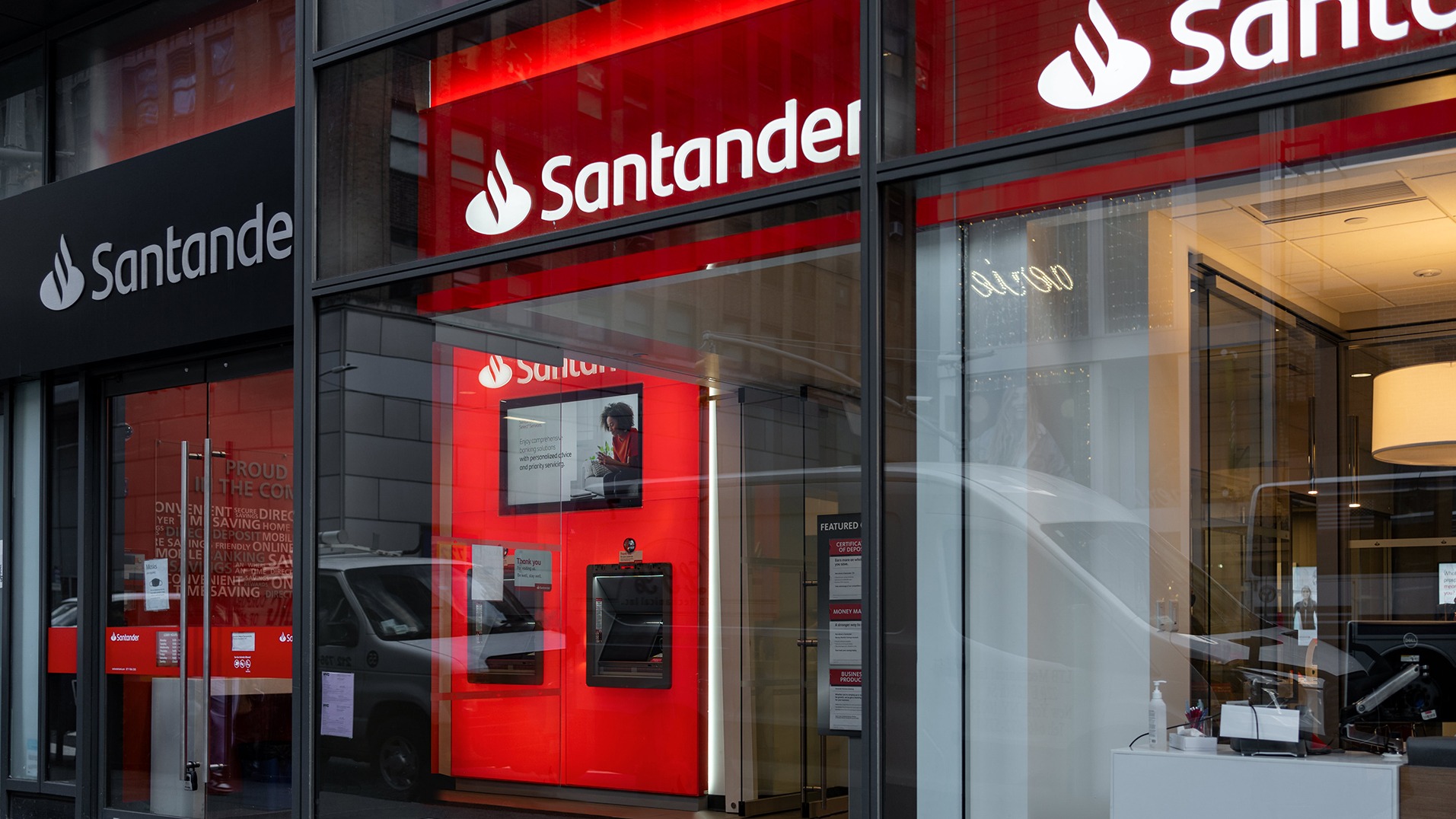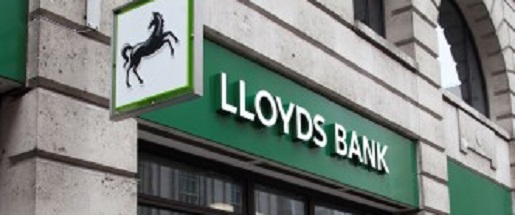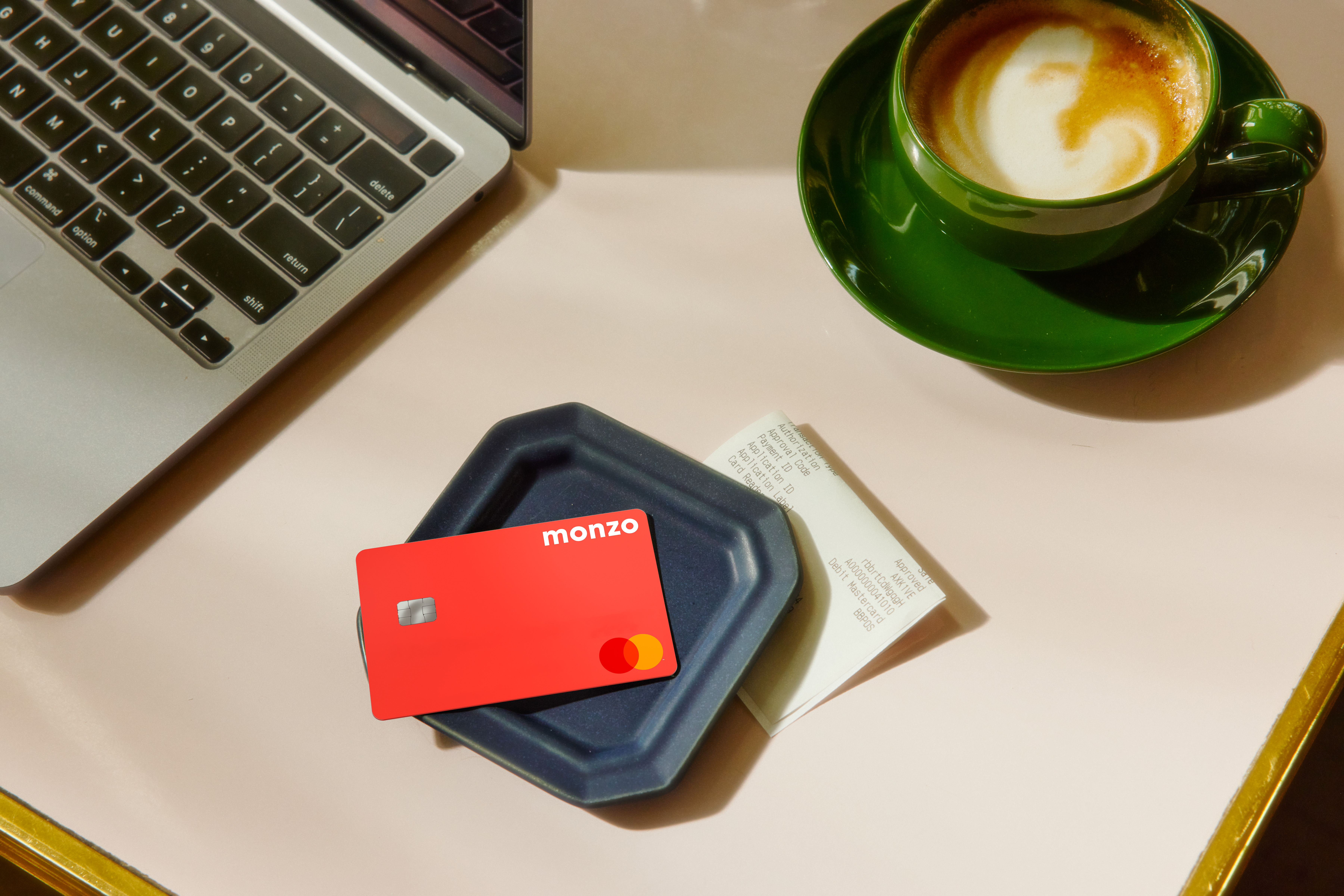Lloyds Bank has pledged to support the Open Property Data Association (OPDA) in its aim to improve the homebuying and selling process by developing a standardised approach to sharing digital data in the market.
According to the Association, less than one per cent of property data is openly available in digital format.
The organisation says that converting property data sources and documents to a digital format and making it shareable through open data standards is essential to a creating a "digital homebuying experience".
Lloyds Bank will help it build transparent data sharing practices, raise standards, and develop best practice across the property industry.
“We are passionate about driving shareable data that can improve the end-to-end house buying process creating a safer, more trusted experience for customers," said Claire Cherrington, head of strategic and technology partnership at Lloyds Banking Group
“We are right behind OPDA in their mission to change the way people buy and sell houses by implementing open data standards and encouraging transparent data sharing across the residential property sector.”
Members of the bank's leadership and technology teams also are set to work alongside OPDA’s executive committee.
Through its mortgage lending brands and industry partners, Lloyds will support OPDA’s latest framework for property data standards.
The framework is a standardised set of data and governance principles that includes a common data dictionary, a standardised way to describe property attributes, and a methodology for sharing data with trust and provenance.
The move is the latest example of the banking group's involvement in the digitalisation of processes in financial services.
Lloyds recently became the first UK bank to join electronic trade documentation platform WaveBL.
Last week it said that WaveBL would help unlock new trade efficiencies and sustainability benefits for its customers by using electronic Bills of Lading (eBLs).
An eBL is a document in international trade issued by a carrier when a seller dispatches goods to an end customer which acts as a ‘receipt’ for the goods being shipped. Once payment – or agreement to pay at a future date – for the goods is received, the eBL is released to the buyer so they can claim the product on arrival.
Latest News
-
Mizuho to replace 5,000 administrative roles with AI
-
Allica achieves unicorn status through latest funding round
-
AI disruption risk varies between platform and service-based firms, says new report
-
ClearBank moves into the heart of London’s financial centre
-
Citi forms AI infrastructure banking team and invests in Sakana AI
-
HSBC chief Elhedery says overhaul nearly complete despite profit fall
Creating value together: Strategic partnerships in the age of GCCs
As Global Capability Centres reshape the financial services landscape, one question stands out: how do leading banks balance in-house innovation with strategic partnerships to drive real transformation?
Data trust in the AI era: Building customer confidence through responsible banking
In the second episode of FStech’s three-part video podcast series sponsored by HCLTech, Sudip Lahiri, Executive Vice President & Head of Financial Services for Europe & UKI at HCLTech examines the critical relationship between data trust, transparency, and responsible AI implementation in financial services.
Banking's GenAI evolution: Beyond the hype, building the future
In the first episode of a three-part video podcast series sponsored by HCLTech, Sudip Lahiri, Executive Vice President & Head of Financial Services for Europe & UKI at HCLTech explores how financial institutions can navigate the transformative potential of Generative AI while building lasting foundations for innovation.
Beyond compliance: Building unshakeable operational resilience in financial services
In today's rapidly evolving financial landscape, operational resilience has become a critical focus for institutions worldwide. As regulatory requirements grow more complex and cyber threats, particularly ransomware, become increasingly sophisticated, financial services providers must adapt and strengthen their defences. The intersection of compliance, technology, and security presents both challenges and opportunities.
© 2019 Perspective Publishing Privacy & Cookies















Recent Stories